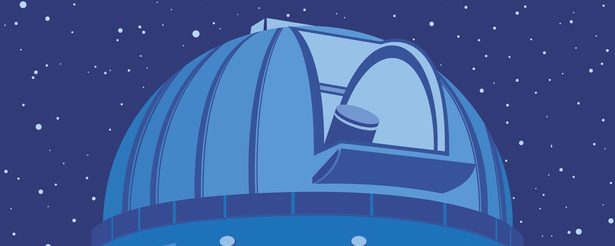Astrophotography: Planetary Imaging Workshop with Mars – Hands On!
Get over the hurdle of the complexity of capturing and processing images of Mars, Jupiter, and Saturn, and learn how to make awesome images of the planets.
Buy This Course
Lifetime access to course videos and sample imaging data.
Welcome to Planetary Imaging 101: Processing Mars!
My name is Frank Kane, and I’ve spent years refining the art of planetary astrophotography. Even from light-polluted suburban skies, creating stunning images of Jupiter, Saturn, and Mars is something anyone can do with the right equipment and the right techniques.
Figuring out how to capture and process planetary images is a daunting task for beginners; there are specific techniques for capturing the best data, and processing it involves a hodgepodge of software including AutoStakkert, RegiStax, and Photoshop. Finding good information on how to do it properly can be challenging. This course will show you how it all fits together, and how to create images of the planets you’ll be proud of and that will impress your friends.
We’ll start with some background on how “lucky imaging” techniques work, and the equipment you need to do it. Then we’ll go hands-on, and I’ll show you how to capture data using FireCapture, how to align and stack it with AutoStakkert, how to sharpen it with Registax, and how to put the finishing touches on your image in Photoshop. If you want to follow along, we provide 1.7 GB of sample data of Mars so you can process the image yourself and learn by doing.
If you know your way around a telescope but are new to planetary imaging, this course is for you – and even if you’ve done planetary imaging before, you might pick up a few new tips and tricks. There are a lot of things you learn through trial and error, and I’ll share them with you so you don’t have to learn them the hard way.
Thanks for checking out this course – let’s get started, and capture the wonder of our solar system together.
Course Instructor
Buy This Course
Lifetime access to course videos and sample imaging data.
